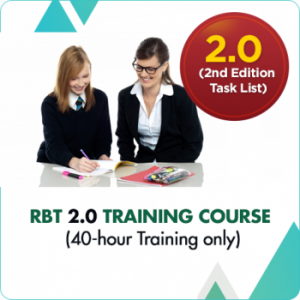Floortime
Floortime is a social approach towards the treatment of autism. This therapy involves engaging an autistic child in exercises interesting to the child. Floortime helps the child to acquire and develop a sense of awareness about self and others. The child’s emotional understanding of self is enhanced by the therapeutic approach of Floortime. Instead of focusing on the desired behavior of the child, Floortime helps the child to understand and determine his or her behavior.
When using a Floortime approach, the therapist or the child’s parents join the child in playtime activities the child enjoys. They follow the child’s prompts and interests and observe the child. Then they get engaged in parallel play, turn-taking and interaction with the child. The Floortime approach is done in five stages.
The first stage is when the therapist or the child’s parents observe the child during playtime and notice the child’s mood and interests. In the second stage, the therapist raises the child’s interest in the preferred activities by talking and gesturing, without disrupting the course of the child’s play activity. Thirdly, the therapist follows the child’s prompt and lead. In the fourth stage, the therapist expresses approval of the child’s play and unobtrusively joins the child in the activities. Next the therapist engages in dramatic and exaggerated gestures and facial expressions to interact with the child. The therapist also helps the child go through daily activities and explain them in ways that the child will understand them and know what the child needs to do. For instance, if the therapist says “my turn” while playing with the child, it may help the child understand the meaning and relevance of having to wait for something. In this way, the relevance of daily activity is taught to the child using play as therapy.
Gradually the fifth stage will be reached and the child will begin to refer to the therapist and use language and gestures to respond and interact. Floortime involves following the child’s lead and learning about the child’s joys and interests. This helps the therapist to observe how the child deals with sights and sounds, and how the child adapts to the surroundings. The Floortime therapist enters the child’s world and interacts with the child’s nervous system. Floortime is a technique built on a philosophy of interaction, which can be used anywhere and anytime, in schools, homes or even in a store or car.
Copyright © by Special Learning Inc. All right reserved.








